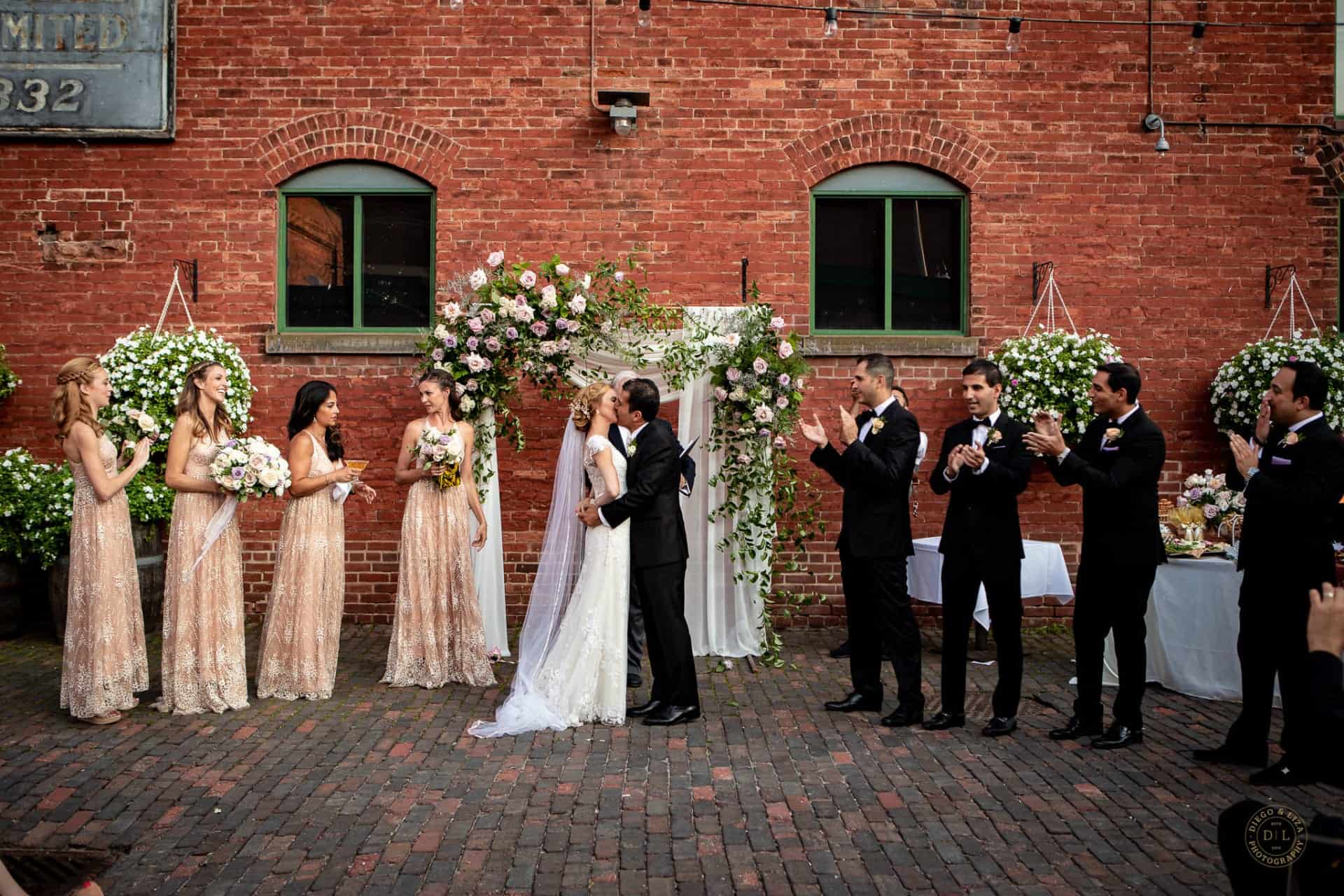A venue manager like yourself can probably agree that no matter how well someone plans an event, sometimes things just happen.
With the upcoming event season, we imagine you’ve already been prepping for quite a bit. As you’re cracking away scheduling and organizing, it’s important that you and your hosts are prepared for the unexpected while working together to create unforgettable events in 2025.
So, we thought it would be best to lay out some helpful tidbits and general information on how you can better manage your risk as a venue manager.
First off, what do we mean by risk management?
In summary, event risk management involves assessing an upcoming event and its venue space to identify any potential hazards or areas of vulnerability that could affect its outcome.
Assessing your risk as a venue manager means you’re taking the first step in keeping yourself, your event hosts, and their guests safer while a shindig is in full swing.
3 immediate steps to reduce your risk for an event
- Assess and assign responsibility
As you know, every event is unique and special in its own way. However, that means the risks may differ across event types. By considering every detail and person involved (ranging from décor to entrances to attendees to vendors), you can better identify what feels like a hazard and who may be at a higher risk for what.
Since your staff is a prominent part of that assessment, once you’ve identified and outlined specific risks, you can decide who is responsible for which activity, e.g., security and crowd control, communicating protocols, etc.
- Mitigation plan
Once you’ve identified your risks, it’s time to mitigate them! While it’s great for you, the venue manager, to recognize and assign risks, there are advantages to documenting and sharing who is responsible for what potential risk.
Whether that means implementing new safety practices, hiring additional personnel, or completely removing something hazardous from your venue, having a documented action plan per event means you’re fostering a safer environment for everyone.
- Event Insurance
As you assess your venue and collaborate with folks to ensure a safe and wonderful event, your hosts should know the importance of having their own event insurance policy in place*.
There’s a tall tale that your venue’s General Commercial Liability (if you have one) covers you and your event hosts’ liability; however, that’s usually not the case. When your hosts instead purchase an event insurance policy before their event, they’re automatically helping to reduce their risk and yours.
So, what happens if something happens?
To continue on the event insurance train, you might be wondering how an event insurance policy would work if something really did go wrong. Here’s a scenario:
Let’s say your client was hosting a wedding in your venue, and your space displayed an array of local artwork you’ve collected over the years as a permanent installation. At the wedding, a guest accidentally knocked over a few pieces, causing damage to the walls and the canvas frames.
With an event insurance policy*, the client could make a claim for repair/replacement damages. If eligible, your host wouldn’t have to pay out of pocket, and you can worry less knowing you’d be reimbursed for the damage caused!
Spread the word about our partnership
Reliable event insurance is an essential part of Risk Management; it helps provide better peace of mind while your space is in use and gives you more time to focus on your day-to-day checklists.
As a Duuo partner, it’s important your hosts are aware of how our insurance helps safeguard events**. With that said, don’t forget to take advantage of the resources here to emphasize our partnership.
If you’re interested in becoming a Duuo Event Insurance partner this year, click here.
—



